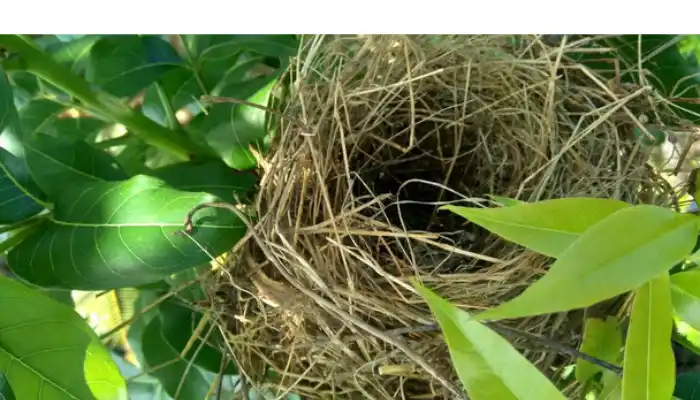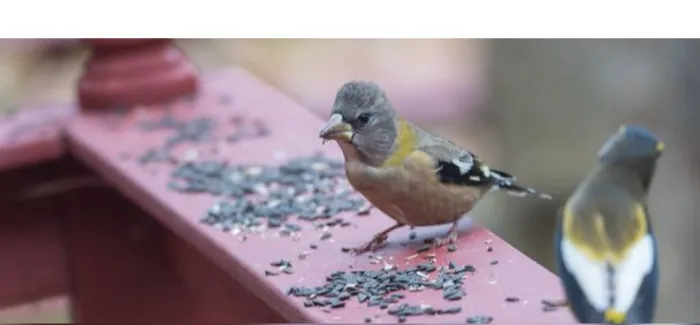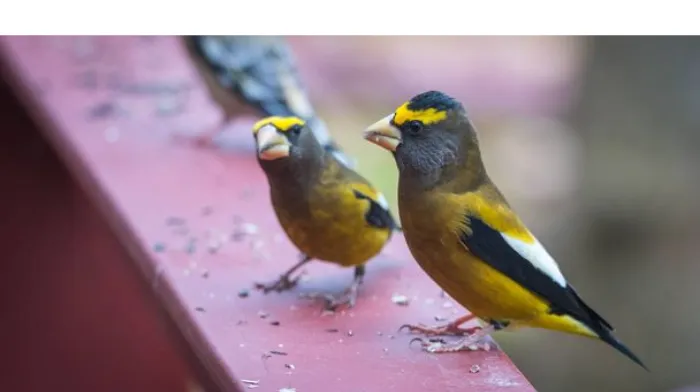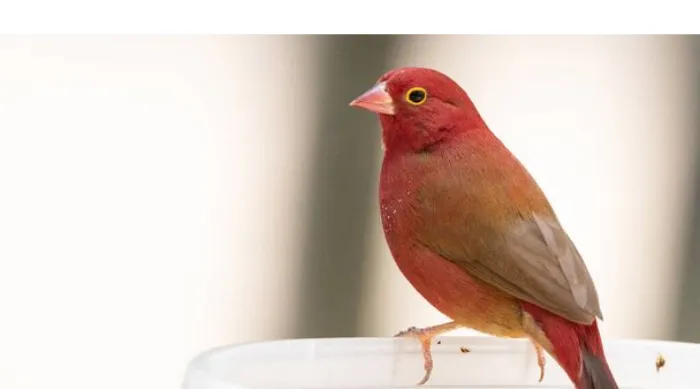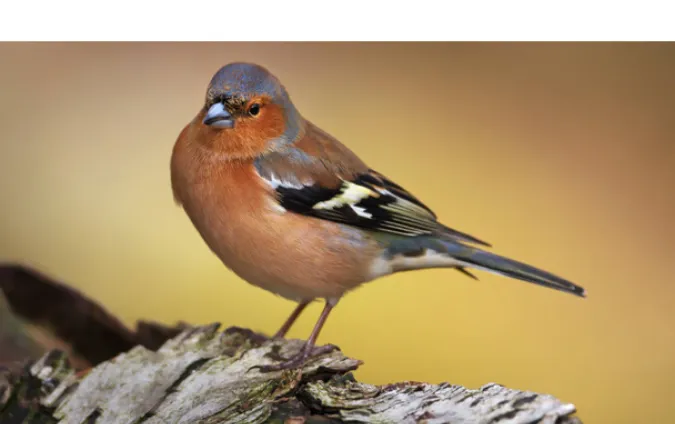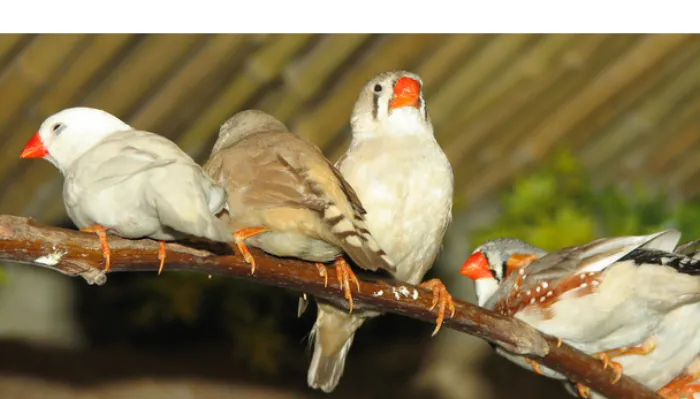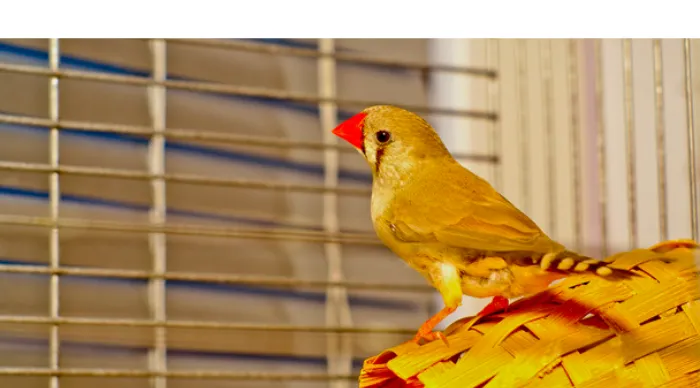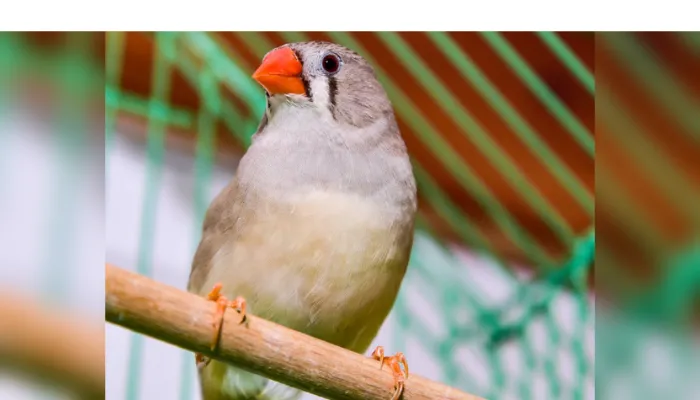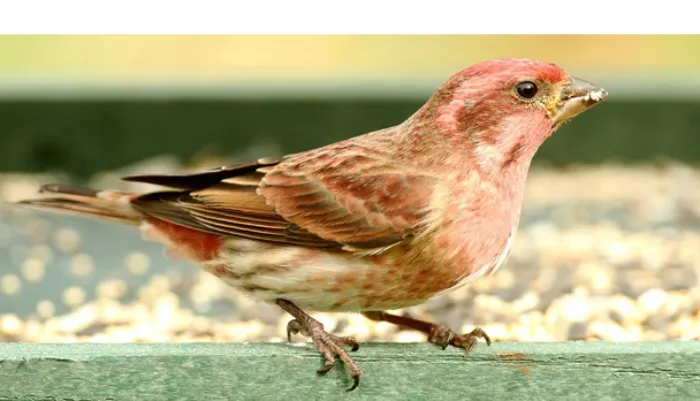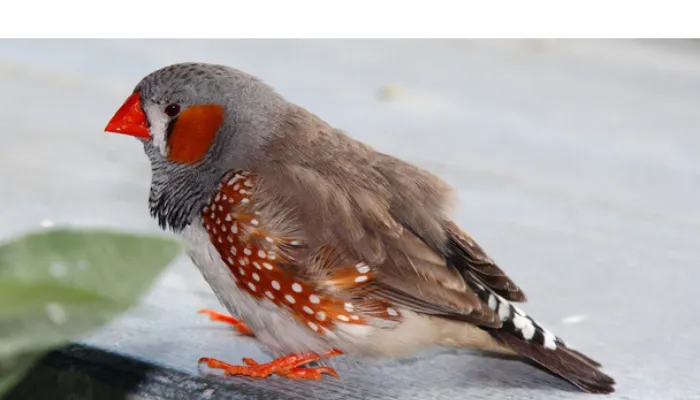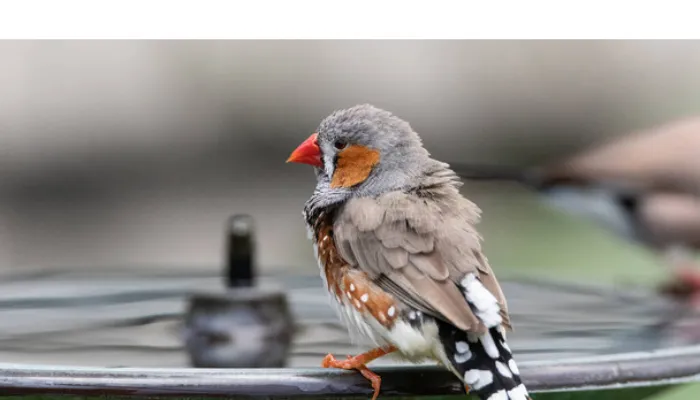Welcome bird enthusiasts and finch keepers! Understanding the care of finch eggs is no trivial matter. It’s not just about admiring those tiny shells; it’s about creating a favorable environment for the birth of new life.
If you’re reading this, chances are you’ve searched for information about how long finch eggs can be left unattended. It’s a crucial query as the time these fragile eggs spend without attention can directly impact their viability.
This blog post is designed to arm you with the knowledge you need to properly care for your finch eggs, helping you to prevent any accidental loss and maximize the chances of hatchlings.
We will go over the factors that affect egg viability, discuss how long is too long when leaving finch eggs unattended, and give you actionable tips to increase survival rates.
Quick Answer
The general rule of thumb is that finch eggs should not be left unattended for more than 4-5 hours at a stretch, especially during the crucial incubation phase.
Any longer, and you risk the eggs losing the essential heat and humidity, decreasing the likelihood of them hatching successfully. However, this period can vary based on factors like room temperature and the age of the eggs, which we’ll dive deeper into later.
Factors Affecting Finch Egg Viability
When it comes to caring for finch eggs, you can’t adopt a one-size-fits-all approach. Several elements come into play, affecting how long an egg can be left unattended without risking its viability.
Let’s break down the big players:
Temperature and Its Impact
Heat is a big deal! Eggs need to be kept at a consistent temperature of around 99-101°F (37-38°C) for successful incubation. If the ambient temperature drops, the eggs can be left alone for a shorter period.
Parental Care: The Importance of the First Few Days
Mother and Father Finch play a significant role in the early stages of an egg’s life. The first few days are crucial for developing the embryo, so consistent care is a must.
Learn more about finch parental behaviors in our guide on do house finches sit on their eggs.
What Happens When Finch Eggs Are Left Unattended?
Alright, we’ve established the ideal conditions, but what happens when reality checks in and you find the eggs left unattended? Let’s discuss the real-world impact.
Impact on Hatch Rate
Long story short—time away from the nest isn’t a finch egg’s best friend. The longer an egg is left unattended, the lower the chances of it hatching.
A drop in temperature can cause the embryo to stop developing, while a lack of moisture can lead to dehydration.
How Long is Too Long?
In most cases, leaving an egg unattended for more than 4-5 hours can be risky. However, this isn’t a hard and fast rule. Eggs that are closer to hatching can withstand longer periods without parental warmth.
What to do with unhatched finch eggs? If an egg has been left unattended for an extended period, it might be prudent to check for signs of fertility.
For guidance on how to check egg fertility, have a look at our article on signs finch eggs are fertile.
How to Improve Survival Rates
Nobody wants to see a nest full of unhatched eggs. So what can you, as a caring bird parent or observer, do to help improve the chances of those tiny finch lives coming into the world? Here are some strategies:
Creating the Ideal Nesting Environment
One word: Cozy! The nesting spot should offer protection from the elements and predators. Try to maintain a stable temperature and humidity level. Place the nest in a quiet area free from heavy traffic and loud noises.
Monitoring and Interventions
Keep an eye out! Daily monitoring can help you spot issues before they become irreversible. However, interventions should be minimal to avoid stressing out the finch parents.
Will a house finch abandon their eggs? Some finches may abandon their eggs if they feel threatened or if the nest is frequently disturbed. Learn more about this behavior in our in-depth article on do finches throw their babies out of the nest.
Mistakes to Avoid
Owning or caring for finches can be a rewarding experience, but it can be easy to make some common errors that may jeopardize the well-being of the eggs. Here’s what you should steer clear of:
Common Missteps in Finch Egg Care
- Overhandling the Eggs: Less is more! Avoid touching the eggs unless absolutely necessary.
- Ignoring Environmental Factors: Don’t underestimate the power of ambient temperature, humidity, and noise levels.
- Inadequate Nesting Material: Poor quality nesting can result in eggs rolling around and potentially cracking.
Learning from mistakes is good, but avoiding them is even better. You can also check out our article on how long baby finches rely on parents to learn more about the journey that awaits these eggs once hatched.
Frequently Asked Questions (FAQ)
Q1: How Long Can Eggs in a Nest Be Left Alone?
As mentioned earlier, finch eggs should ideally not be left unattended for more than 4-5 hours. Extending this period could result in decreased hatch rates.
Q2: How to Tell If a Finch Has Abandoned Its Nest?
A nest is typically considered abandoned if the parents haven’t returned for over a day, especially during the critical incubation period. A sudden change in parental behavior is often a sign.
Q3: Are Finch Eggs Fragile?
Yes, finch eggs are fragile and can crack easily, so handle with care! It’s always a good idea to leave them be and let the finch parents do their job.
Q4: Do Both Parents Share Incubation Duties?
In many finch species, both parents share the responsibilities of incubation. It’s a tag-team effort to ensure the eggs get the best possible care.
Conclusion
Taking care of finch eggs is not just a “set it and forget it” affair.
From the essential role of consistent temperature to the impact of long absences, we’ve dug into the nitty-gritty of what it takes to ensure these tiny lives have a fighting chance at hatching successfully.
Remember, 4-5 hours is generally the maximum time finch eggs should be left unattended to give them the best shot at a healthy life.
We hope this guide has been as educational for you as it has been for us while putting it together. Until the next avian adventure, keep those feathers unruffled and those eggs warm!
